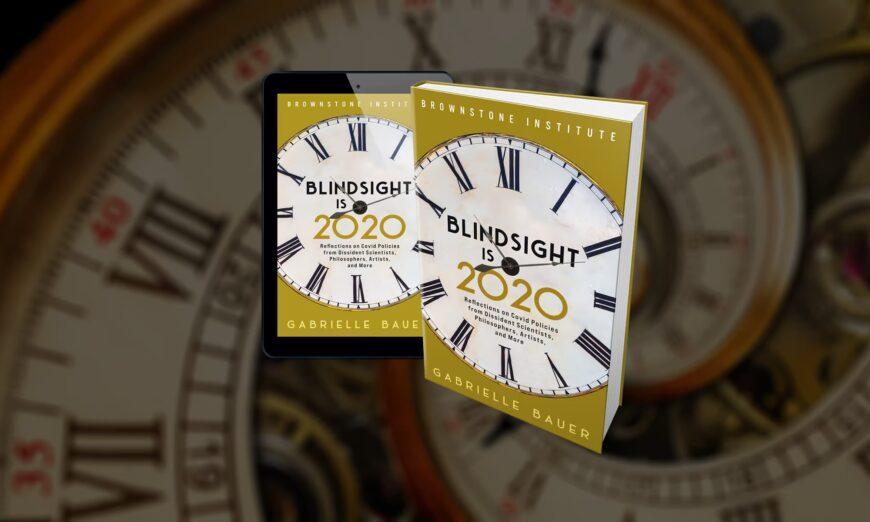Most governments’ response to the COVID-19 pandemic was not only “singularly one dimensional,” but also “anti-human,” says Toronto health and medical writer Gabrielle Bauer, who recently wrote a book on the subject.
“I remember the very minute that lockdowns were announced, and everyone started saying ‘follow the science, the scientists, the experts’ … I thought, ‘Wait a minute, where are the economists, where are the philosophers, where are the historians … where are the mental health experts, where are the social scientists?’” Ms. Bauer told the host of EpochTV’s American Thought Leaders program, Jan Jekielek, in an interview on July 20.






